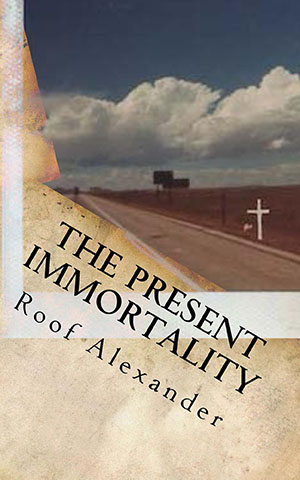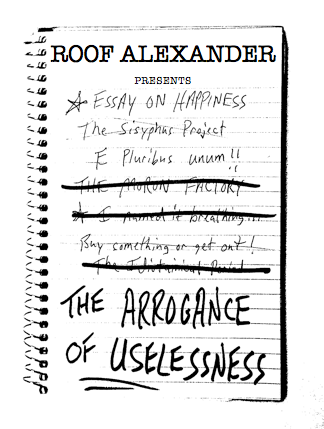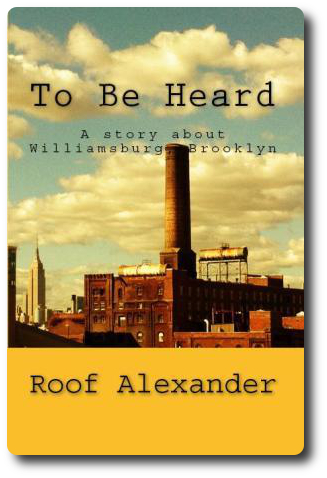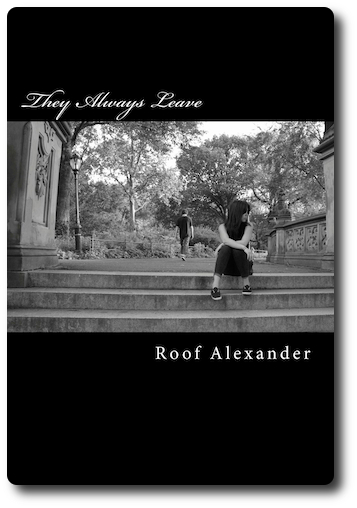It's the summer of 1999, right before the innovation revolution, right before technology surged past romanticism. Moll and Ecc have given away all of their possessions and set off on a journey without destination, trading in progression for freedom in hopes of capturing that one singular moment that gives validation to life, that gives silent answers where answers didn't seem possible before. From the hills of San Francisco, to the small desert gambling towns of Nevada, to revisiting of old haunts in Boulder and New Orleans, and across all the roads that lead from West to East, the two vagabonds chronicle their drinking and drug-induced soul searching experience. Without knowing that the American landscape and way of life were about to change drastically, two people are taking one last run to say goodbye to everything and everyone, including themselves.
This is the tale of the greatest poet ever. Incidentally, he does not actually write poetry. This unnamed and self-proclaimed poet staggers over a fifteen-day period virtually without sleep or nourishment as if in a dream state. He gives away his possessions, burns bridges, and thwarts any opportunities for a relationship or career. He dives into a sequence of events that could be described misfortunate if it not for his own drive to fail. Our hero sees his misery as just a word that describes the beauty of living.
The Arrogance of Uselessness is about the artistic courage to risk everything for nothing.
"We all shared a feeling of hunger, empty bellies, bottomless appetites that when filled, kept us up at night. When we spoke we shouted, all our voices together, a chorus of pleas and protests, rooftop dreams, voices carrying from building to building, no sky scrapers to block them, we all shared a voice, devouring the ears that accepted it, that opened to us. We would be heard. We would dizzily take in those sunrise nights and talk about what it would be like to be heard."
To Be Heard is a recollection of a very recent lost time and place, depicting a transitional year in the lives of four young aspiring artists and their rapidly changing neighborhood of Williamsburg, Brooklyn. This is a story about identity and how territory and friends shape who we become.
Dark and relevant to a detached generation, They Always Leave shows us the inevitability of everyone we know leaving us in some manner. Roof Alexander writes of thieves that can't be put in jail, of the ones who steal pride, hearts, beauty, and reality. These stories evoke the delusions of love, the beauty of destruction, the unreasonable affect of time, and the desire for fame. Alexander is able to capture the humiliations of youthful naivete while still leaving open the possibility of life. Though the stories deal with seemingly hopeless themes, there is still a ray of sunshine left for readers to interpret and take with them after the page has ended.








